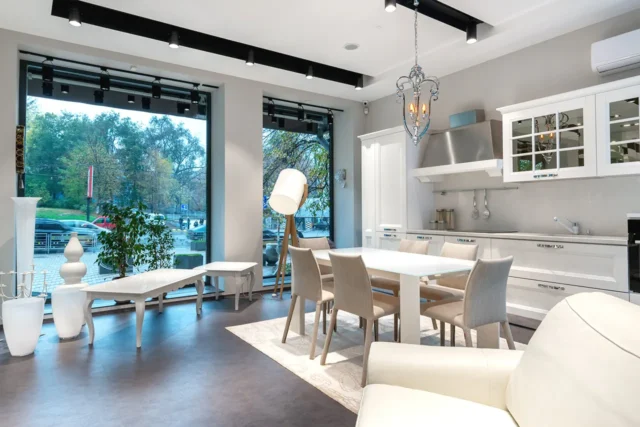
Renting a condominium, often referred to as a condo, is a popular housing option for individuals and families. Condominiums are similar to apartments in that they provide a place to live, but they are typically owned by individual homeowners, and you can rent a condo from one of these owners. Here are some key points to consider when looking to rent a condominium:
- Search for Condos: Start your search by looking for available condos in the location you desire. You can use various online platforms, real estate websites, or work with a local real estate agent to find listings.
- Budget: Determine your budget for renting a condo. Consider not only the monthly rent but also additional costs like utilities, parking, and any homeowner association (HOA) fees.
- Location: Choose a location that suits your needs, whether it’s proximity to work, schools, shopping, or other amenities. Consider factors like safety and convenience.
- Amenities: Condos often come with amenities like swimming pools, fitness centers, and security services. Check whether these amenities are included and if they are important to you.
- Lease Agreement: Read the lease agreement carefully. Understand the terms and conditions, including the rent amount, security deposit, duration of the lease, and any rules and regulations set by the condo association.
- Security Deposit: Expect to pay a security deposit, usually equivalent to one or two months’ rent. This deposit is refundable at the end of the lease, provided there is no damage to the condo beyond normal wear and tear.
- Tenant’s Insurance: Consider getting tenant’s insurance to protect your belongings in case of theft, damage, or accidents.
- HOA Rules: Condominiums are often subject to HOA rules and regulations. Familiarize yourself with these rules as they may dictate what you can and cannot do in the condo.
- Maintenance and Repairs: Determine who is responsible for maintenance and repairs. In many cases, the landlord is responsible for major repairs, but you may be expected to handle minor maintenance tasks.
- Move-In and Move-Out Inspection: Document the condition of the condo when you move in and out. This helps avoid disputes over security deposit deductions.
- Rent Payment: Agree on a method and schedule for rent payments with the landlord. It’s typically done monthly.
- Communication with Landlord: Maintain open communication with your landlord for any concerns, repairs, or issues that may arise during your tenancy.
Renting a condominium can offer the benefits of apartment living with the added potential for more space, privacy, and amenities. Be sure to carefully consider your needs, thoroughly read and understand the lease agreement, and maintain a positive relationship with your landlord for a smooth rental experience.




Leave a Reply